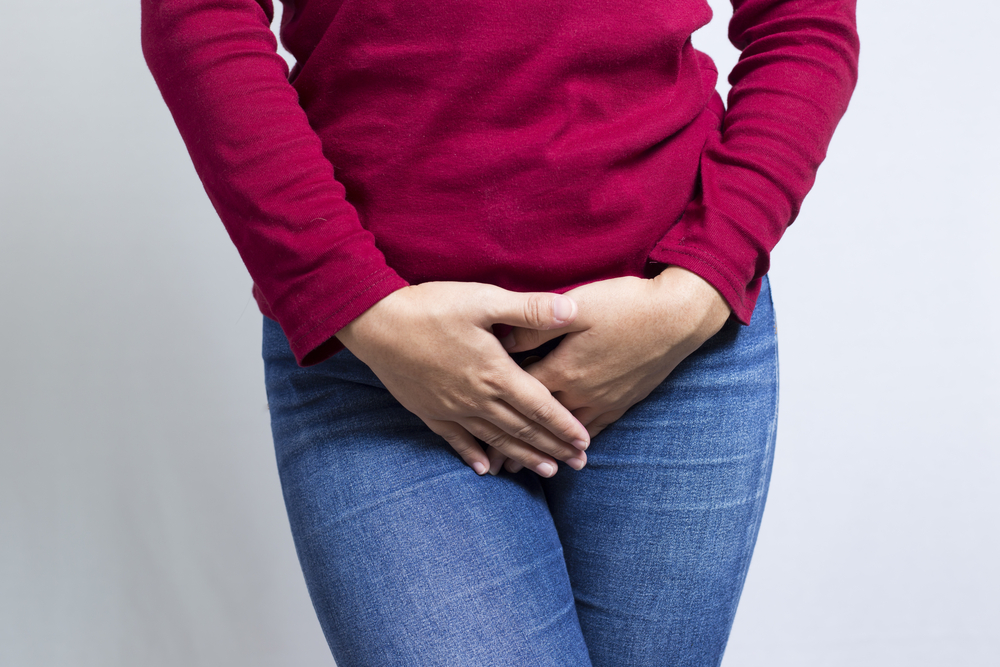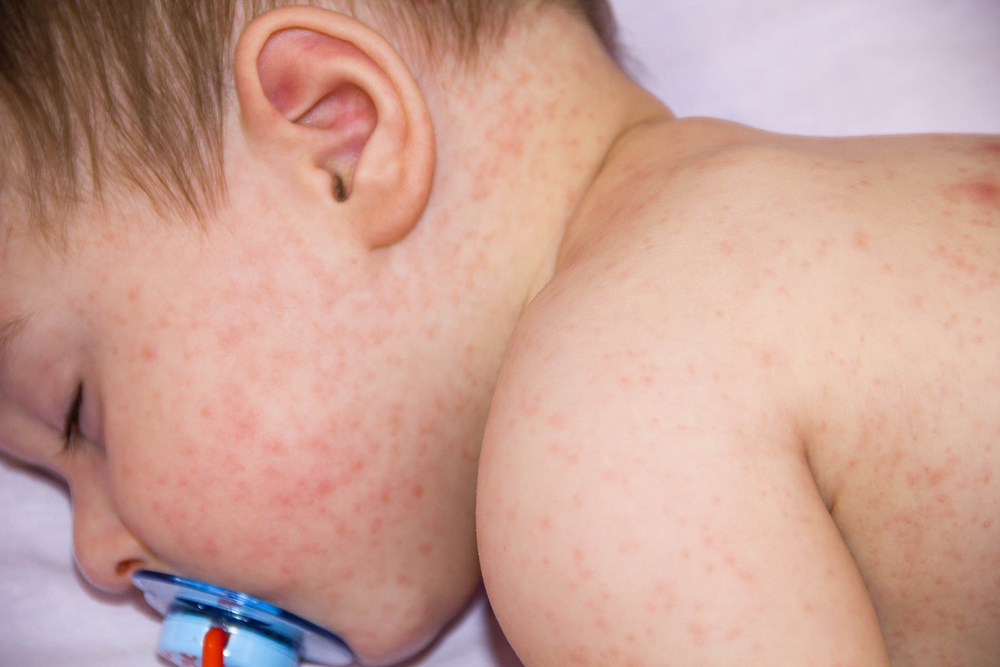Women’s Health
Vaginal infections: Types and treatment

It is normal for all healthy females to have vaginal discharges; it’s a natural process that keeps the vagina clean and moist, and protects it from infections and undesired health conditions.
The amount of this discharge, color and consistency can change during a woman's life, this change could be either something normal or a sign of a vaginal infection which requires medical treatment and self-care precautions, and in order to differentiate between them you need to know the most common symptoms which they are mentioned below, but first…
What is a normal vaginal discharge?
A normal vaginal discharge is usually clear or white in colour and has no odor, can be thick and sticky, wet and slippery.
The amount and character of your vaginal discharge may vary, it will increase during pregnancy, if you are using birth control, and if you are sexually active.
Any change in your vaginal discharge, including colour, texture or smell, might be a sign of an infection.
What’s a vaginal infection?
Vaginal infections can be caused by bacteria, fungi, parasites or viruses growing in and around your vulva and vagina.
These organisms behave differently, showing different signs and symptoms, these can include the following:
- A white discharge from your vagina that looks like cottage cheese.
- A green or yellow fishy-smelling discharge.
- Pain during intercourse.
- Pain when you pass urine.
- Itchiness or soreness in or around your vagina.
- Pain in your lower abdomen (tummy) or pelvis.
- Bleeding between your periods or after you have sex.
- Warts or ulcers on the skin outside your vagina.
Bacterial Vaginosis (BV):
It’s the most common cause of vaginal infection. It’s caused by the overgrowth of a certain bacteria in your vagina.
The most common symptom is a thin grey or white discharge that has a fishy smell. Usually it doesn’t cause itching or soreness.
Smoking, perfumed soaps, vaginal douching, copper intrauterine device can trigger bacterial vaginosis.
It’s possible for the infection to go by itself, without treatment. But it’s usually treated with antibiotics.
Vaginal Candidiasis/ thrush:
It’s a common fungal infection that affect women, caused by a yeast called “Candida Albicans”. It’s usually harmless and treatable, and not considered as a sexually transmitted infection.
If you have thrush, you may have a thick, white vaginal discharge, itching, soreness and irritation around your vulva. It may also be painful to have sex or pass urine.
Being pregnant, taking antibiotics and having diabetes that is not well controlled, using soaps and shower gels around your genital area, wearing tight-fitting clothing can be triggers for thrush.
Antifungals are used for the treatment in the form of tablets, creams or vaginal pessaries.
Trichomoniasis
Trichomoniasis is a sexually transmitted infection (STI), caused by a parasite called Trichomonas vaginalis. You get it through having unprotected sex with an infected person.
Up to half the women with trichomoniasis don't have any symptoms. But if the symptoms appear, you’ll probably have an excessive vaginal discharge with a fishy smell, yellowish in colour, and possibly frothy. You may have some itching around your vulva, discomfort and pain when passing urine or during intercourse.
Trichomoniasis is unlikely to go away without treatment, but it can be effectively treated with antibiotics.
The partner will also need to be treated, even if they don’t have symptoms of the infection. This is to stop you getting the infection again.
Genital herpes
Genital herpes is a sexually transmitted infection caused by the virus herpes simplex virus (HSV).
Not everyone has symptoms, but it can cause abnormal vaginal discharge, painful blisters around your genital area, itching and a burning sensation in the genital area. The patient may feel unwell with a headache and fever.
There's no cure for herpes, where symptoms clear up by themselves. Once you’re infected, the virus remains in your body.
You won’t have symptoms all the time, but they tend to go and then may flare up again if the virus is reactivated. Illness, stress, smoking and drinking alcohol may trigger a flare-up of the virus.
Antiviral tablets can be prescribed to decrease the severity of the symptoms and quicken the healing, but they won’t cure the virus.
What are the Do’s and Don’ts for vaginal infections?
DO:
- Wash gently
- Use water and plain soap
- Dry properly after washing
- Wear cotton underwear
DON’T:
- Do not use perfumed soaps or gels
- Do not use deodorants or scented hygiene wipes
- Do not douches.
- Do not wear tight underwear or tights














